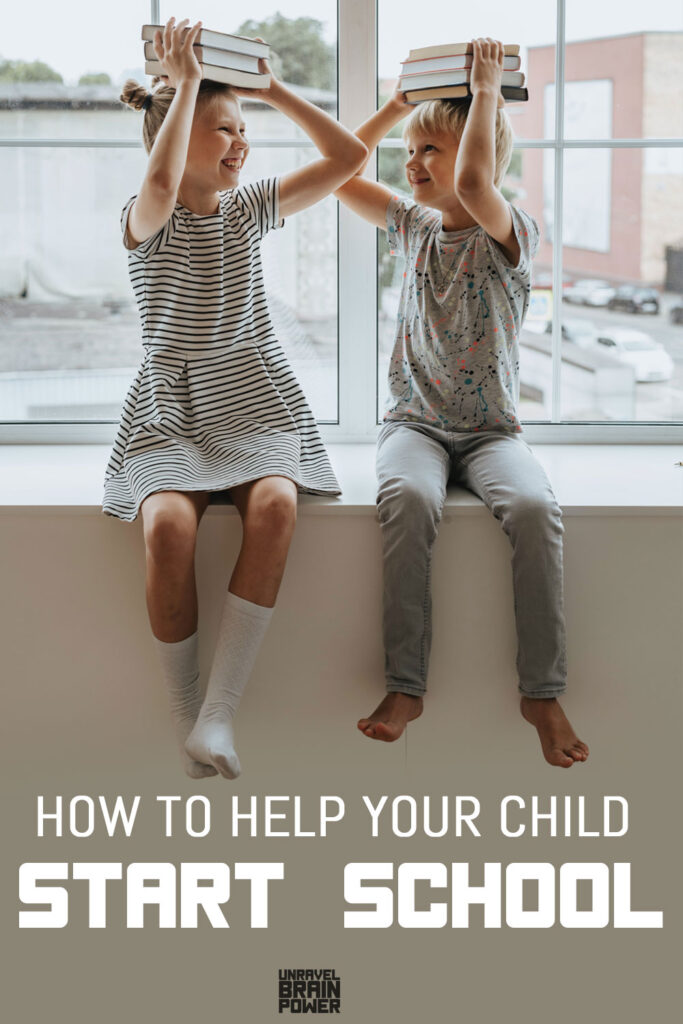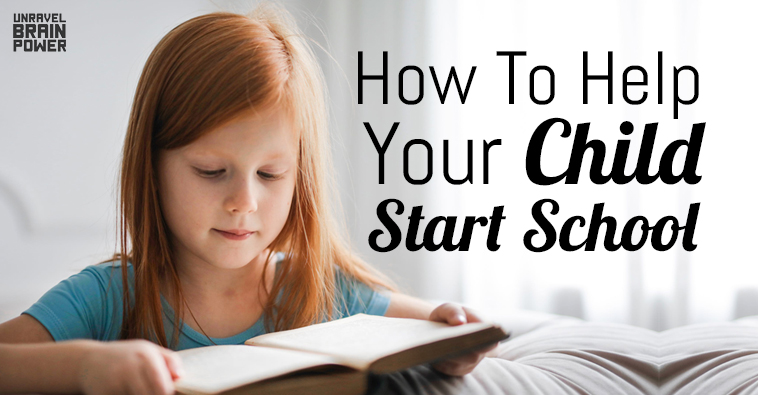Parents are key to helping little ones navigate the social, emotional, cognitive and practical changes that come with starting prep
Starting school is an important milestone for children and their families. This transition involves changes to your family routine, your network of friends and acquaintances, and also how your child sees him or herself. It’s a big step for little people – and their carers.
Remember that family members may all respond quite differently. Some may be excited by the prospect of new experiences and friends. Others may be hesitant or overwhelmed at the loss of familiar people and places, and the prospect of change and new expectations.
Being prepared for practical changes may help. Gently encourage self-help skills and independence and involve your child in simple choices in the weeks before school.
Think through the types of changes ahead so you can anticipate questions or concerns your child might have. For instance:
- It the physical environment of the primary school bigger or different? Your child will need to learn to navigate this space, learning where toilets and their classroom are. Can you help familiarise them? Where can they go for help?
- Are the school rules and routines different to what your child is used to? These may cover eating arrangements, going to the toilet, lining up, or putting up a hand to speak. This might be a topic for discussion.
Remember, children can worry about things that adults would not think twice about. Encourage your child to ask any questions they have. Remain alert to signs of worry in the early weeks and months, even in children who are outwardly confident. Make it a habit to check in with them regularly.
This external transition occurs at a time when a child’s internal world is undergoing rapid change. Children’s cognitive development (covering their memory span, learning capacity and cognitive processing speed) is proceeding rapidly as they begin to form basic concepts of time, number and logic.
Beginning formal school challenges children because it requires the negotiation of changes in physical and learning environments, rules and routines. They also need to develop new relationships with children and adults, which can impact on the way they see themselves and their family. No wonder those first few months are particularly taxing.
‘School readiness’ refers to the abilities your child needs to be able to manage all of these changes. Schools are increasingly alert to the importance of partnership with families, and the way parents and carers can support children as they develop skills they need at school.
Take advantage of transition activities as much as possible as an opportunity to become familiar with the school, the staff, and routines. Preparations begin well before the first day, but they also continue for days, weeks, and months into the new school year.
When parents and carers are confident and positive, the child will also feel capable and more able to enjoy the experience of school.
Read more
66 Positive Things To Say To Your Child
Pin it


Read More – How To Help Kids Cope With Stress At Home

